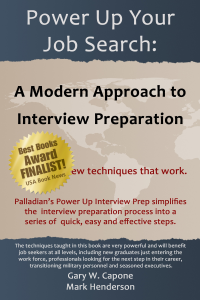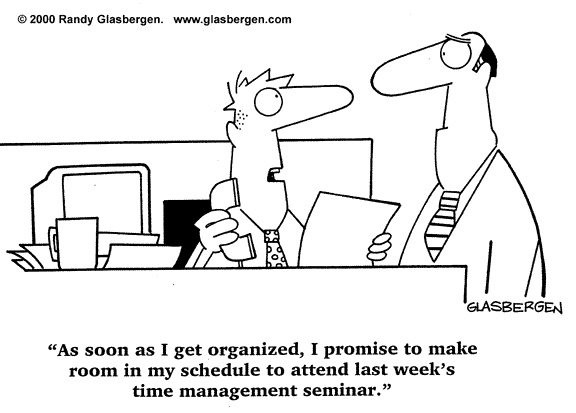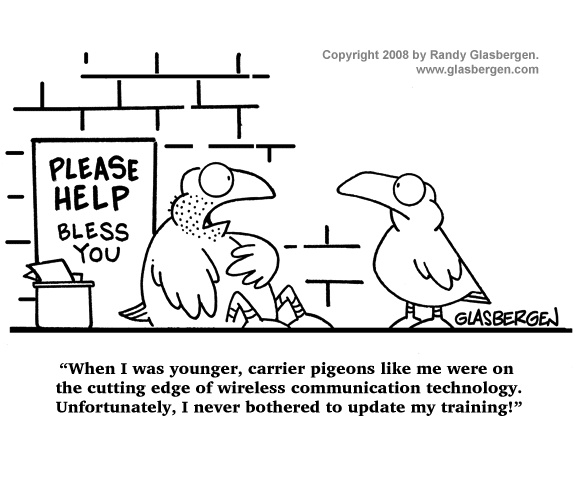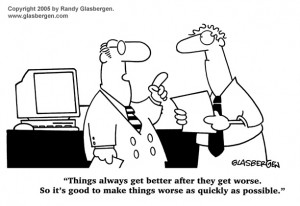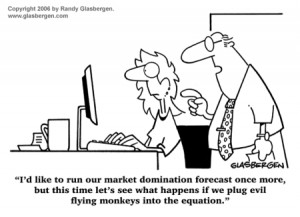 Answering behavioral interview questions can be challenging due the level of detail required. Behavioral interview questions assess past performance of a job candidate in order to predict how the individual will perform in the future. To impress a hiring manager, answers need to be specific and detailed.
Answering behavioral interview questions can be challenging due the level of detail required. Behavioral interview questions assess past performance of a job candidate in order to predict how the individual will perform in the future. To impress a hiring manager, answers need to be specific and detailed.
Behavioral interview questions require the candidate to tell a story. The questions cannot be answered with a yes or no. The best answers will give a detailed example that frames the situation, details the actions taken and gives the results of those actions. Providing an answer with these elements will allow the hiring manager to picture how the candidate performed in the past, leaving a strong, memorable impression.
Many candidates answer in generalities when posed behavioral questions. This is a big mistake. General answers do little to differentiate the candidate, leaving an impression that the candidate is average and ordinary. Instead, a focused example, with clear results, will make the best impact.
Below is a behavioral question followed by two answers. The first answer is a typical general answer many candidates give. The second answer provides a detailed example. Following each answer is an assessment of the effectiveness of the answer.
Example Question: Tell me about a time when a major supplier had significant quality issues with materials shipped to you.
General Answer: Managing supplier quality is a constant challenge. We have supplier scorecards we use to track quality, and perform quality audits on a routine basis. When a major quality problem occurs, we contact the vendor and work to the resolve the problem quickly. This includes traveling to the vendor or having the vendor travel to our facility to work on resolving the problem.
General Answer Assessment: This answer fails to answer the question. It describes how quality problems are dealt with, but does not provide a specific example. Many job seekers make this mistake with behavioral questions. For questions about routine activities, the candidate discusses activity in generalities. Answers like this will not be remembered and will not help sell the candidate to the hiring manager.
Specific Example Answer: Managing supplier quality is a constant challenge. Usually, we can resolve quality issues quickly, without affecting production schedules. One situation I encountered proved to be especially challenging. We had a key raw material with very high quality specifications. Any deviation from these specs made it impossible for us to produce a product to our customer’s requirements. The key vendor we used was located outside of New Orleans. After Katrina hit, it was a major priority to get them up and running. Within a week of the storm hitting, I relocated to their location to monitor the plant restart. The storm damaged some key equipment, leading to fluctuations in quality. It was clear that fixing their problems was not going to happen overnight. I traveled to potential vendors in six countries over a two week period and found two suppliers that could provide this key raw material within our specifications. We expedited shipment and only lost eight production days due to the supply interruption. Today, we divide our purchasing between our original supplier and the two new suppliers, mitigating any risk we might face from a situation like this in the future.
Specific Example Answer Assessment: This answer is specific and addresses the question directly. The example is easy to follow and demonstrates exactly what the job candidate did to solve the problem. In addition, the answer discusses how the supply interruption led to sourcing changes (adding additional suppliers) to ensure that this situation is never repeated.
When preparing for a behavioral interview, develop a number of stories from your experience you can tell. This will allow you to adapt to a wide range of questions. Providing specific examples will also make your answers more memorable.
| Get our book on behavioral interviewing. | Other Great Books to help you prepare for Behavioral Interviews: |
